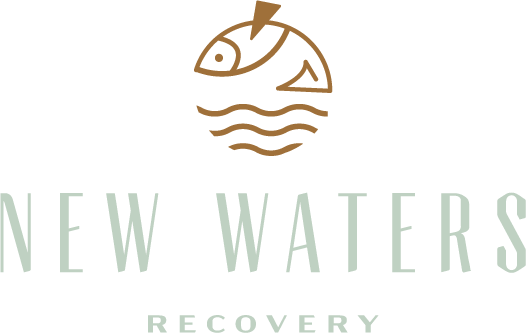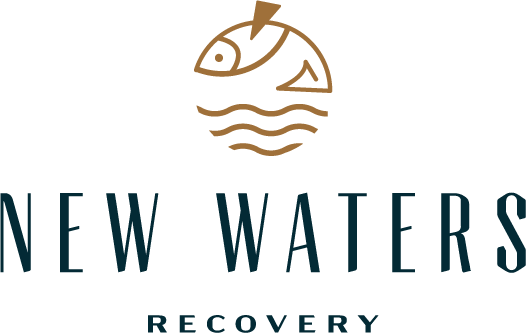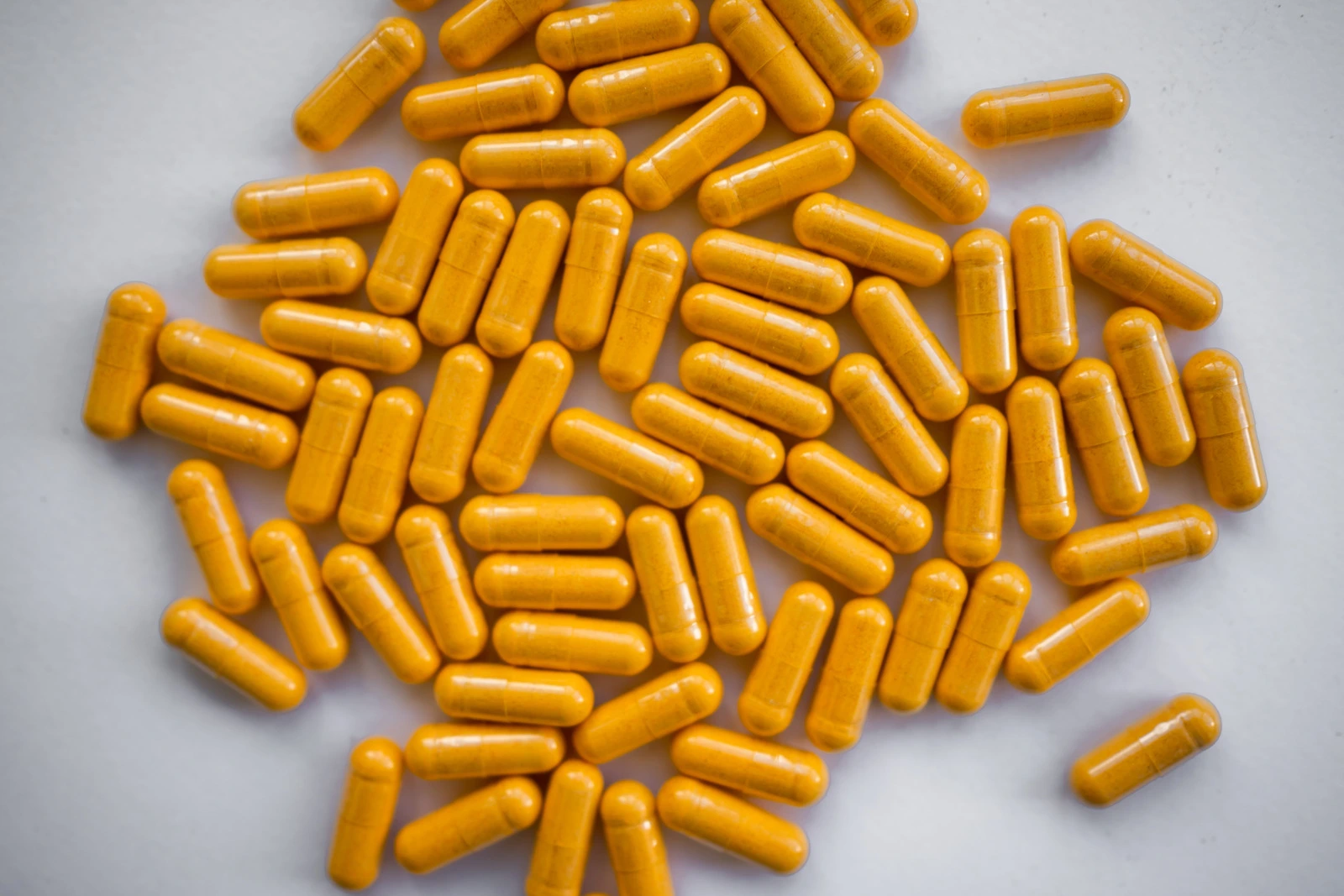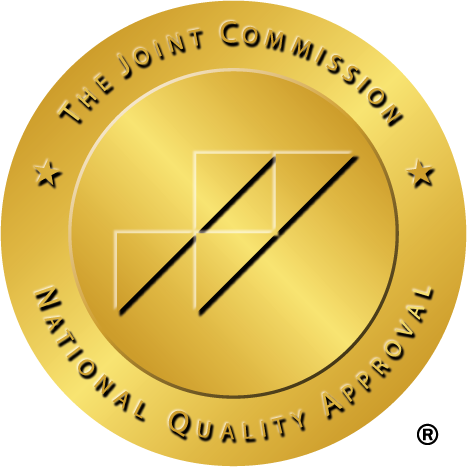Table of Contents
- Can You Overdose on Gabapentin?
- How Gabapentin Works & Why Overdose Risk Exists
- Signs & Symptoms of Gabapentin Overdose
- Risk Factors & Contributing Substances
- Preventing Overdose & Safe Use Practices
- Overdose Scenario: What To Do
- Treatment Options for Gabapentin Misuse & Addiction
- Avoid Overdosing on Gabapentin by Staying Aware
Key Points
- Gabapentin overdose is possible, especially when combined with opioids or CNS depressants.
- Early signs include drowsiness, ataxia, respiratory depression, and slurred speech.
- Prevent overdose through safe dosing, monitoring for misuse, and clear treatment plans.
Gabapentin is an FDA-approved anticonvulsant that was originally created as a potential epilepsy treatment, though it was later found to be effective for treating neuropathic nerve pain, postherpetic neuralgia, and even restless leg syndrome. Over the years, it has been marketed under brand names like Neurontin and Gralise, and it has wide-ranging off-label applications that range from fibromyalgia and other neuropathic pain conditions to anxiety.
However, despite a long-standing reputation for safety, cases of gabapentin misuse have increased alongside the rate of overdose deaths. This becomes even more likely when gabapentin is combined with opioids or other central nervous system depressants.
This is why it’s critical to get a clear understanding of how gabapentin works and how to recognize early warning signs of potential toxicity. Knowing that treatment options for gabapentin abuse are available can help patients, loved ones, and healthcare providers to do their part in preventing life-threatening complications.
Can You Overdose on Gabapentin?
Yes, simply put, taking too much gabapentin can lead to overdose.[1] In some cases, this may be due to the size of the dose of gabapentin and an accumulation of adverse effects, but not always. It’s also possible for more severe cases to create overdose situations when the use of gabapentin, or the side effects of gabapentin, are combined with other substances.
Combining gabapentin with drugs like opioids, alcohol, or benzodiazepines that also act as powerful depressants can lead to overdose symptoms.[2] The total overall risk of overdose drastically increases when gabapentin is used in combination with another controlled substance, like fentanyl.
Healthcare professionals, toxicology experts, and addiction professionals advise getting emergency medical attention at the first sign of overdose, and addiction treatment programs will typically include gabapentin addiction treatment to address the withdrawal symptoms.
How Gabapentin Works & Why Overdose Risk Exists
Gabapentin reduces excitatory neurotransmitter release and calms overactive nerve pathways.[3] This mechanism relieves neuropathic pain from conditions like shingles and neuralgia and controls seizures in epilepsy. Although gabapentin is not a controlled substance under federal law in all states, the Food and Drug Administration recognizes its potential for misuse.
High doses increase central nervous system depression and, when combined with opioids, can synergistically depress respiration.[4] Elderly patients, individuals with renal impairment, and those receiving high doses of gabapentin for off-label indications face the highest risk of toxicity. Monitoring dosing schedules, avoiding rapid titration, and coordinating detox protocols are vital to minimize gabapentin toxicity and ensure safe treatment.
Signs & Symptoms of Gabapentin Overdose
Early warning signs of gabapentin toxicity can often look just like the common side effects, but present much more intensely. This means you should be looking for severe drowsiness, or substantial dizziness or loss of coordination, of a degree that makes it difficult to perform basic tasks.[5]
Ataxia or significant loss of coordination can lead to stumbling or other challenges with mobility.[6] Slurred speech and increased levels of confusion can be signs of powerful central nervous system depression.
In more severe cases of gabapentin-based drug overdose, the respiratory depression can become life-threatening.[7] Breathing can be slowed to less than eight breaths per minute or may become irregular. Low blood pressure can become drastic enough to lead to fainting or going into shock.
Heart rate changes from either rapid tachycardia or bradycardia can be a sign that the cardiovascular system is under duress, and that there is the potential for fatal overdose.[8] In some cases, patients may even slip into a coma state without prompt or possible intervention.
Emergency responders may detect elevated gabapentin levels in blood tests or toxicology screens, confirming overdose. If you suspect these severe symptoms in a loved one, call 911 immediately and describe all substances taken, including benzodiazepines, opioids, or other central nervous system depressants.
Risk Factors & Contributing Substances
High-dose gabapentin for neuropathic pain or restless leg syndrome can push levels into a toxic range, especially when rapid titration or “too much gabapentin” occurs. Elderly patients or those with lower renal and hepatic functionality fail to clear the drug efficiently, prolonging its half-life and heightening toxicity.[9]
Those with substance use disorder are far more likely to misuse or abuse gabapentin as a nonopioid substitute, which can sometimes result in the need for a substance abuse treatment center. Also, polydrug use and unmonitored off-label prescribing in mental health or pain clinics contribute to rising overdose deaths.[10]
Preventing Overdose & Safe Use Practices
- Follow Prescribed Doses: It’s important to take the exact dose you have been prescribed, at the times your healthcare provider tells you. The schedule is often to make sure that the levels of gabapentin stay consistent in your system, avoiding peaks and troughs.
- Avoid Off-Label Self-Medication: While gabapentin may be prescribed for off-label uses, it’s only done by medical professionals. Do not make your own changes to your prescription to manage anxiety, sleep, or other conditions without first talking to your doctor.
- Limit Concomitant CNS Depressants: Gabapentin is a powerful substance, so make every effort to stay clear of opioids, benzodiazepines, and any other central nervous system depressants unless specifically prescribed by your healthcare provider or medication management team.[11]
- Regular Medication Reviews: Be sure you discuss all prescription drugs, OTC medications, and nutritional or dietary supplements that you’re taking, or may start taking, so that your healthcare team can try to proactively identify and avoid potential harmful interactions.
- Monitor Kidney Function: Anyone with preexisting hepatic or renal impairment should have their dosage and schedule adjusted accordingly to help prevent accumulation and toxicity.[12]
- Store Securely: Always keep gabapentin and other prescriptions in a locked container to prevent access and potential misuse by others, including accidental overdose in children or pets.
Overdose Scenario: What To Do
If you believe someone may be in the midst of a gabapentin overdose, the first thing you should do is get professional help on the way by calling 911. Once connected, they’ll tell you special instructions while awaiting medical help. Try to keep them awake and upright while trying to determine the amount of gabapentin taken and any other drugs that may be involved, particularly opioids or benzodiazepines.
While at the hospital, medical professionals provide airway support and continuously monitor the patient’s vital signs. Depending on how recently the ingestion was, activated charcoal may be used to help limit absorption. IV fluids will typically be given to help manage blood pressure, hydration, and kidney function, but in more severe cases, patients who develop renal failure or life-threatening liver toxicity may need dialysis to help filter the gabapentin from their blood.
When respiratory depression needs to be treated specifically, it’s typically addressed with supportive oxygen or mechanical ventilation if needed. Following stabilization, there will be a comprehensive detox plan created to address the physical dependence as well as the withdrawal symptoms, such as anxiety, insomnia, and tremors.
Treatment Options for Gabapentin Misuse & Addiction
In situations where gabapentin use or misuse grows into a substance use disorder, there are several support and recovery programs and evidence-based treatment programs. Take a look.
- Inpatient Detox and Residential Care: Inpatient or residential care allows a full medical detox solution with supervision. Residential treatment programs typically incorporate sessions of individual and group therapy, education focused on relapse prevention, and development of general coping and life skills.
- Specialized Counseling and Support Groups: During counseling, individuals will participate in peer-led groups and motivational interviewing, which both help investigate the psychological aspects of addiction while creating a strong support network for long-term recovery.
- Co-Occurring Mental Health Treatment: Often, there are unaddressed mental health challenges that go hand in hand with addiction, and integrated dual-diagnosis treatment can help address the higher risk of relapse while supporting greater overall
Avoid Overdosing on Gabapentin by Staying Aware
Gabapentin is a powerful and beneficial medication, but safe use requires strict adherence to prescribed doses and open, honest communication with your doctor or healthcare team while monitoring for warning signs.
If you or someone you care about is experiencing symptoms of gabapentin toxicity or has developed a habit of misusing their prescription, contact a treatment center to learn more about inpatient and outpatient programs. Early intervention and evidence-based care can prevent life-threatening complications and support a path of resilience and long-term health.
Frequently Asked Questions
Below are some of the most frequently asked questions regarding gabapentin
Sources
[1][3][5][6][7][8]Yasaei, R. (2024, February 21). Gabapentin. StatPearls [Internet]. https://www.ncbi.nlm.nih.gov/books/NBK493228/
[2][4][11]Gomes, T., Juurlink, D. N., Antoniou, T., Mamdani, M. M., Paterson, J. M., & van den Brink, W. (2017, October 3). Gabapentin, opioids, and the risk of opioid-related death: A population-based nested case-control study. PLoS medicine. https://pmc.ncbi.nlm.nih.gov/articles/PMC5626029/
[9][10][12]Jackson, C. D., Clanahan, M. J., Joglekar, K., & Decha-Umphai, S. T. (2018, March 4). Hold the GABA: A case of gabapentin-induced hepatotoxicity. Cureus. https://pmc.ncbi.nlm.nih.gov/articles/PMC6093755/
New Waters Recovery Editorial GUIDELINES
At New Waters Recovery, we take your health and wellness seriously. We have a thorough process in place to ensure the integrity of information that is displayed on our website. All content published to our site undergoes a rigorous medical review by a doctorate level clinician to ensure medical accuracy. Read More About Our Process





